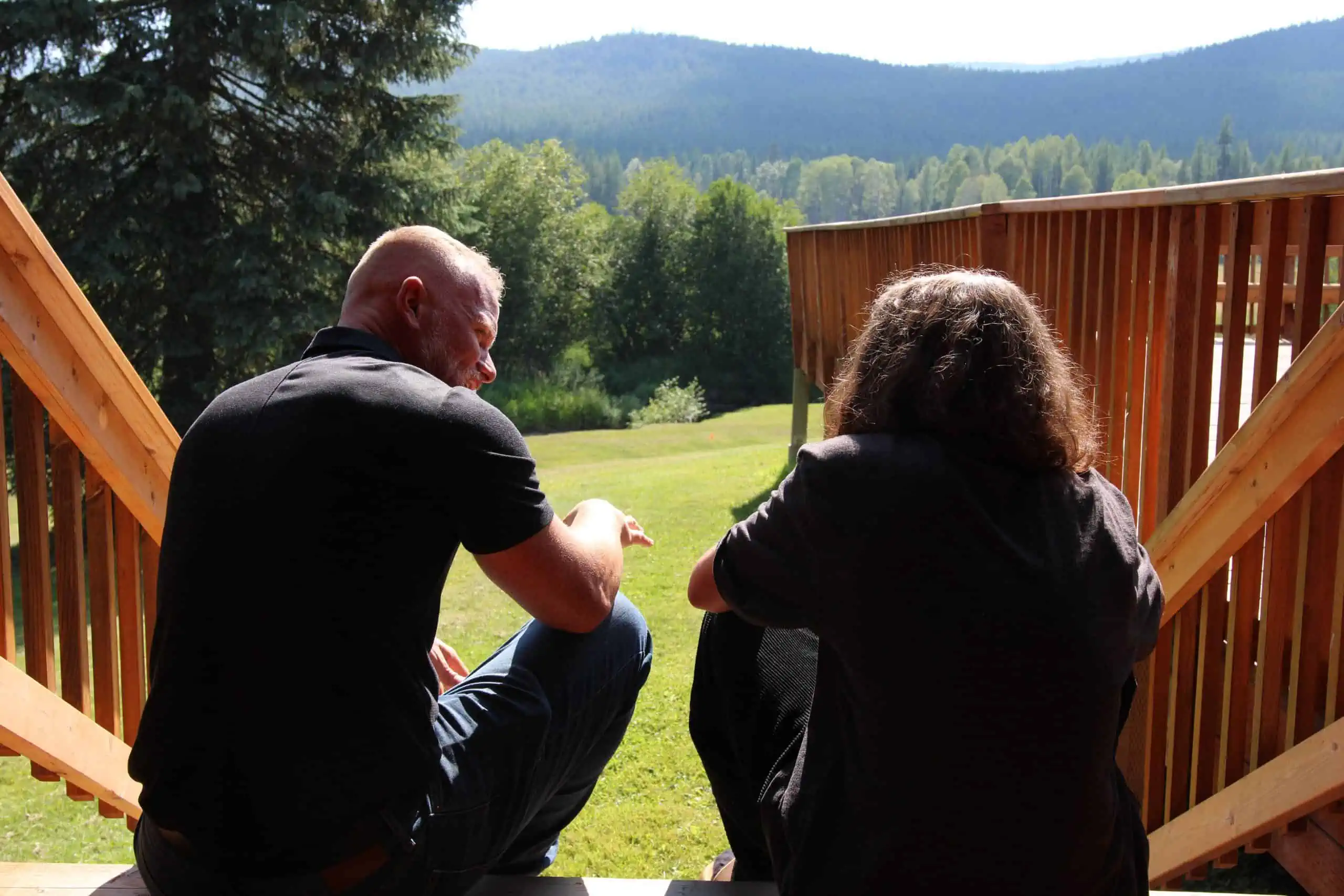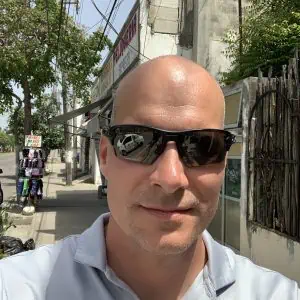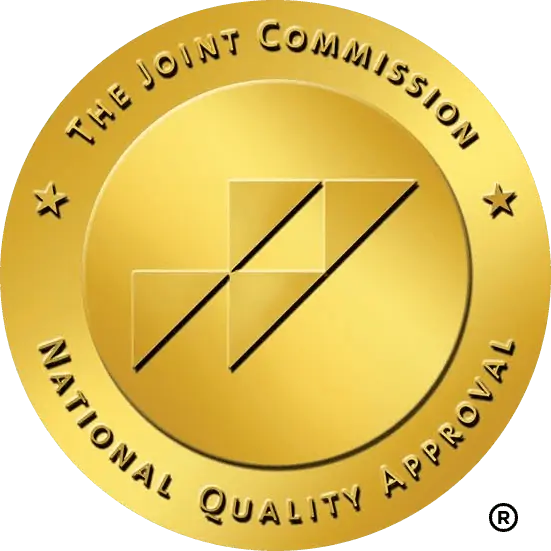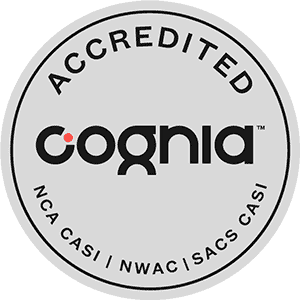The treatment program at Turning Winds is all about effecting positive change. Therapeutic approaches—many particular to the Turning Winds boarding school environment—include character education, health, and wellness of body and mind, outdoor experiential education, evidence-based clinical care, and academic success, along with continuously improving each aspect of our therapeutic program through measuring outcomes in each area.
That process is not just about celebrating the good times when a teen feels understood and valued. Many breakthrough moments come when they’re at their most vulnerable and angry.
“The biggest motivator of change is connection,” says chief operations officer Carl Baisden. “The little things are probably the big ones. I think if we took away all those personal connections and the personal touches between the staff and the kids, what would their journey look like and what would their outcome look like? Those little kind of touch points that you see where a staff goes out of their way to extend something to a kid, that stuff is just pure magic. That’s so beautiful to watch.”
All staff at Turning Winds receive a significant amount of training. And the training that they undergo is not just about policies and procedures, because any good treatment provider is going to have solid policies and procedures that its team follows. Turning Winds also focuses quite a bit of time, energy, and resources on the quality of human interaction.
“Empathy is a big one here at Turning Winds,” says Baisden. “That word is used a lot. Anytime we’re training staff, two words that are my favorite are empathy, having empathy, and having curiosity for kids.”
The job of clinicians and educators is not to control people and tell clients what to do because that approach is not very effective. On the other hand, “empathy is not just being nice to someone,” explains Baisden. “Empathy is—on a very real level—the ability to put myself in the other person’s shoes and think to myself, that would be really hard if I was in that position. Furthermore, empathy is the ability to recognize someone’s struggle. Then, I’m not trying to control, then I’m not this kid that just gave me the finger, I’m not taking that personally, instead of saying, oh, you think you can give me the middle finger and get away with it, I’ll teach you a lesson, it’s more like, man, it looks really hard to be you right now. It looks like you’re going through some stuff.”
Power Struggles Turn Into Teaching Moments
Our staff consists of human beings, just like our kids, of course, so occasionally, “there’s a power struggle between a kid and a member of staff, and things shift a little bit, and all of a sudden it’s two people trying to be right instead of two people trying to get it right,” says Baisden. “We work with the kids. Those are the moments, right? When I see a kid struggle and something’s not working well, our staff are trained for that. Let’s go talk to that kid, engage with that kid, try to provoke thoughts within this kid, and get some change, get some movement.”
Engaging and connecting with clients in crucial moments requires dedicated and compassionate staff. Just as important as providing the right kind of training for staff is hiring the right kind of people for this task. “We don’t hold on to people who don’t connect well with people, says Baisden. “This is a treatment center. That is a job requirement to work here. You’ve got to be able to connect with other people and have the desire to do that.”
Any kind of struggle or difficult moment can also be an opportunity. “Our biggest periods of growth, I always say to the kids, my biggest upswings always follow my biggest downswings, always, if I allow myself to get through it. When I see the struggle, I don’t want to get scared of it and lock it up. I want to recognize that this is a unique opportunity to engage with that kid.”
Walking around the Turning Winds campus at any time you may see those organic meetings. When you see a member of staff and a kid by themselves, it’s the team member recognizing that a particular kid has a need.
“Usually, it’s a kid who’s struggling,” Baisden says. “It’s a kid who’s going through something. That staff is extending themselves to that kid. I think you take away that human element from Turning Winds, the compassion that they have for the kids, the empathy—if you took that away, our treatment would still be pretty awesome,” says Baisden. “I just don’t know that our outcomes would be the same because the connections wouldn’t be there. Turning Winds is a relational model program—that’s the most significant thing about who we are and what makes us so good at what we do. It’s not about achieving a certain outcome in treatment. It’s about connecting with the kids. The person we should be the most concerned about is the kid. It should just be loving that kid, supporting that kid, giving that kid tools and resources at every turn whenever possible.”
It’s not a short-term approach, but the Turning Winds team looks at things with a long-term view. “Not taking any shortcuts, but doing the hard work, and putting in the time so you do have those outcomes for our patients,” says Turning Winds co-founder and chief financial officer John Baisden, Jr. “We want our patients to be successful. We also want our families to be successful.”
More than twenty years ago, Turning Winds began with the simple desire to help young lives see a new path. In the two decades since, the program has matured into a sophisticated program that blends the benefits of a wilderness program, a residential treatment center, and a boarding school.
Our mission is to rescue teens from crisis situations, renew their belief in their own potential, reunite them with their families, and put them on a sustainable path to success. Contact us online for more information, or call us at 800-845-1380. If your call isn’t answered personally, one of us will get back to you as soon as possible.

